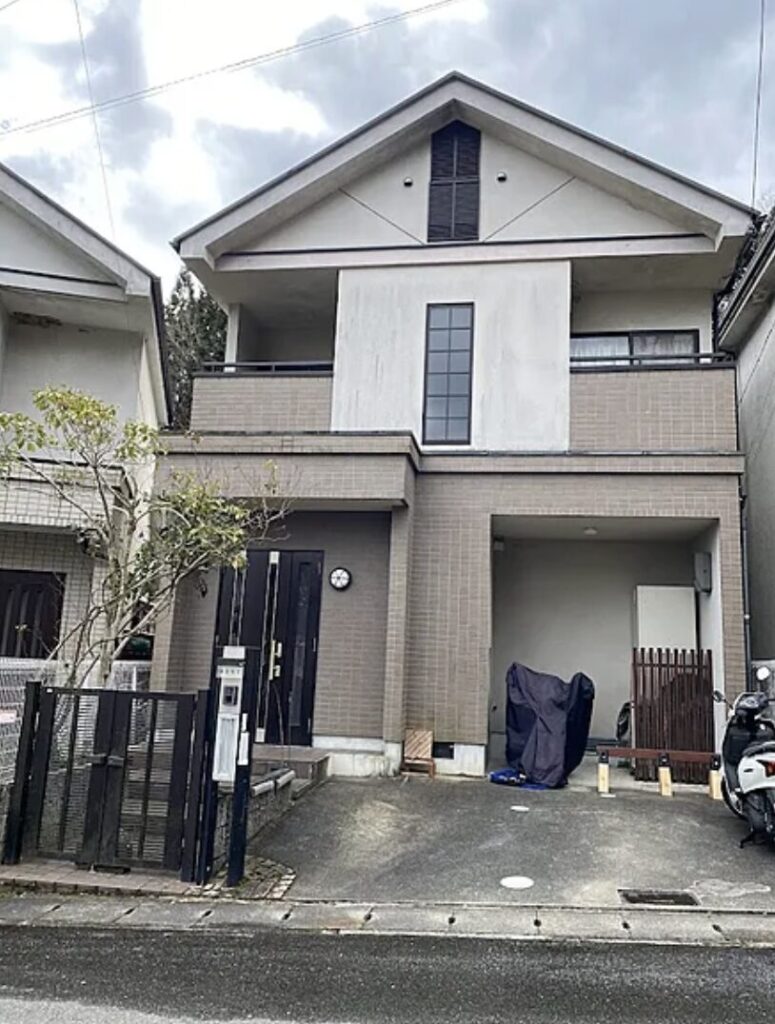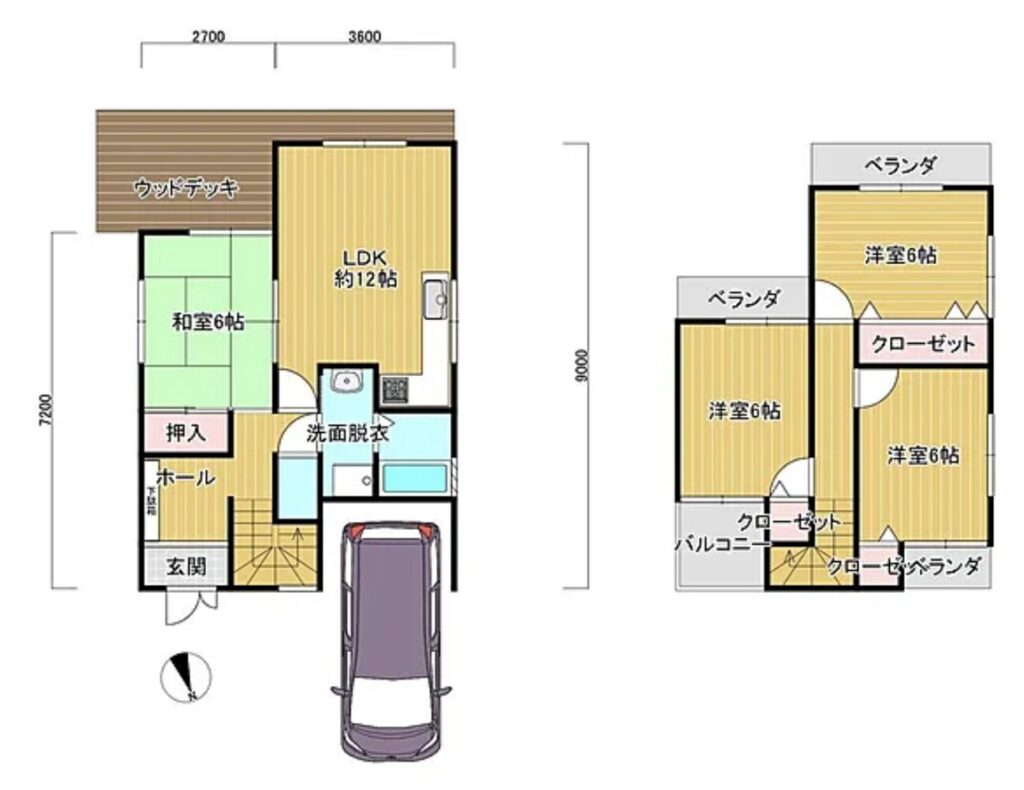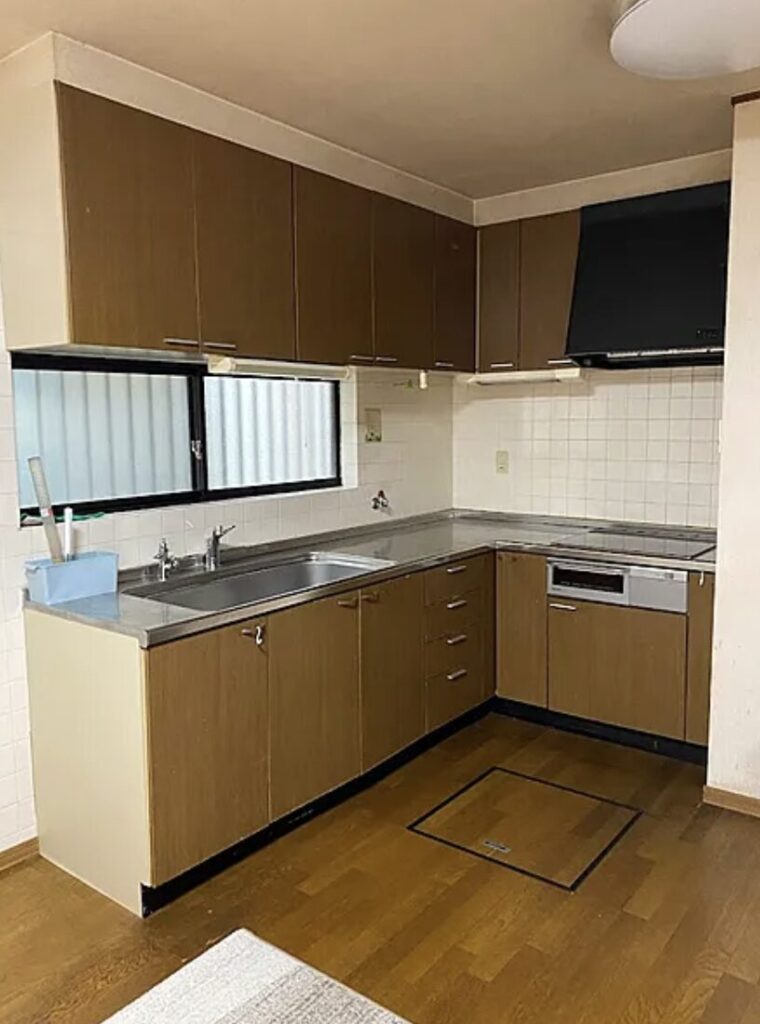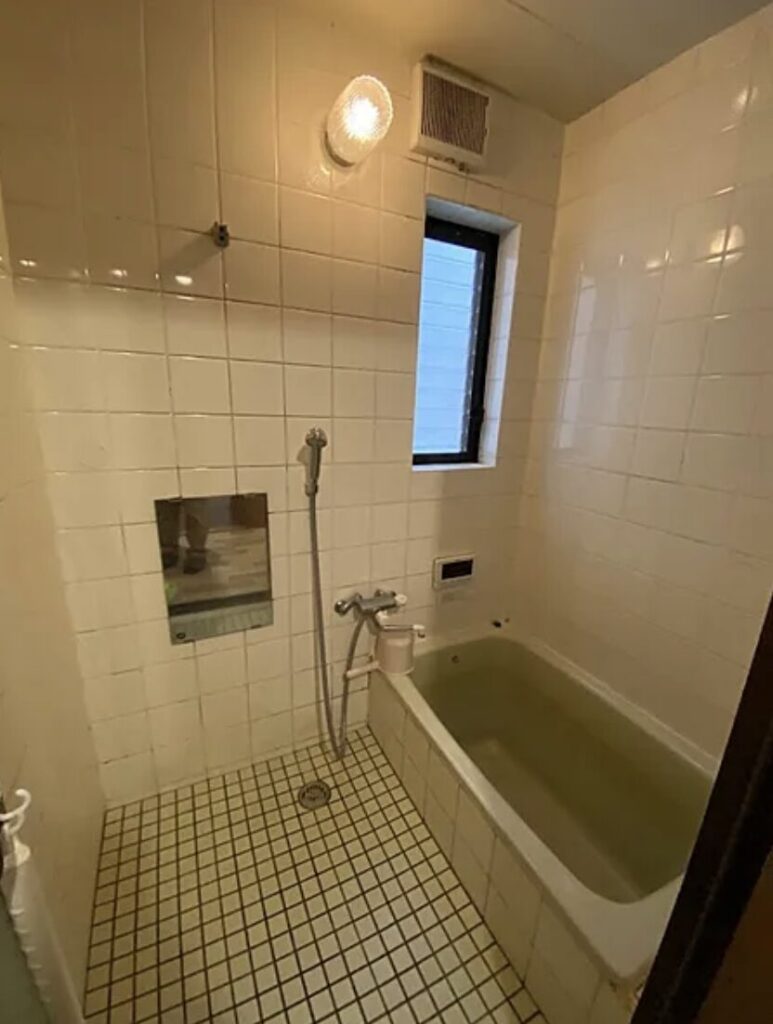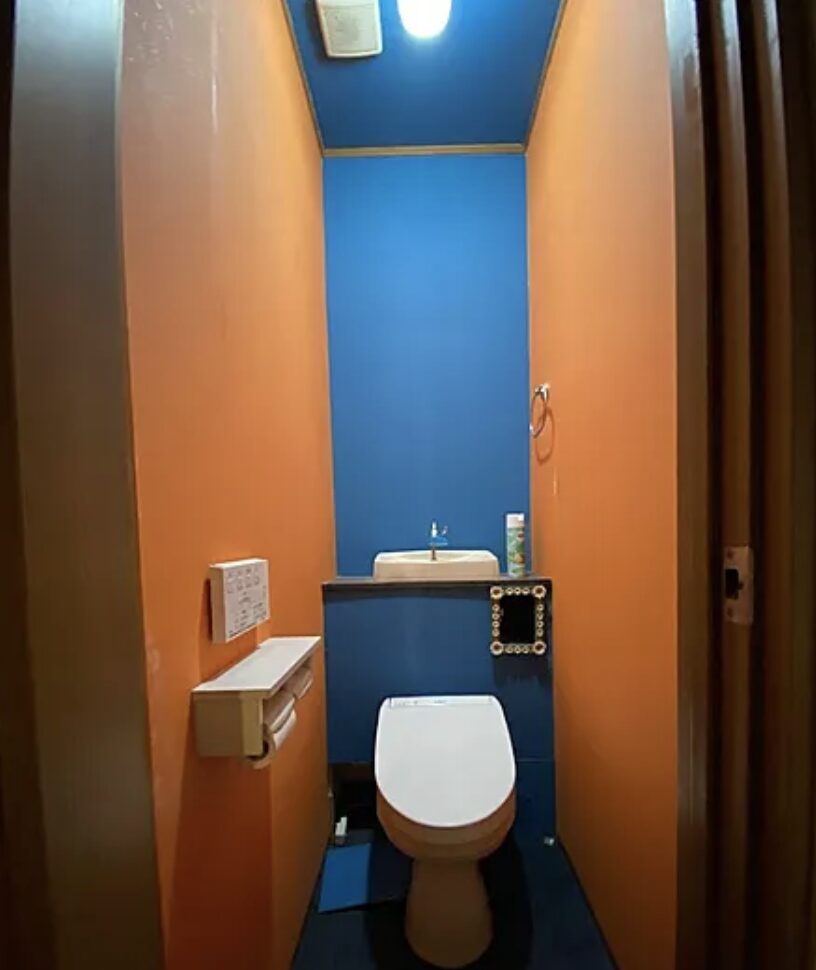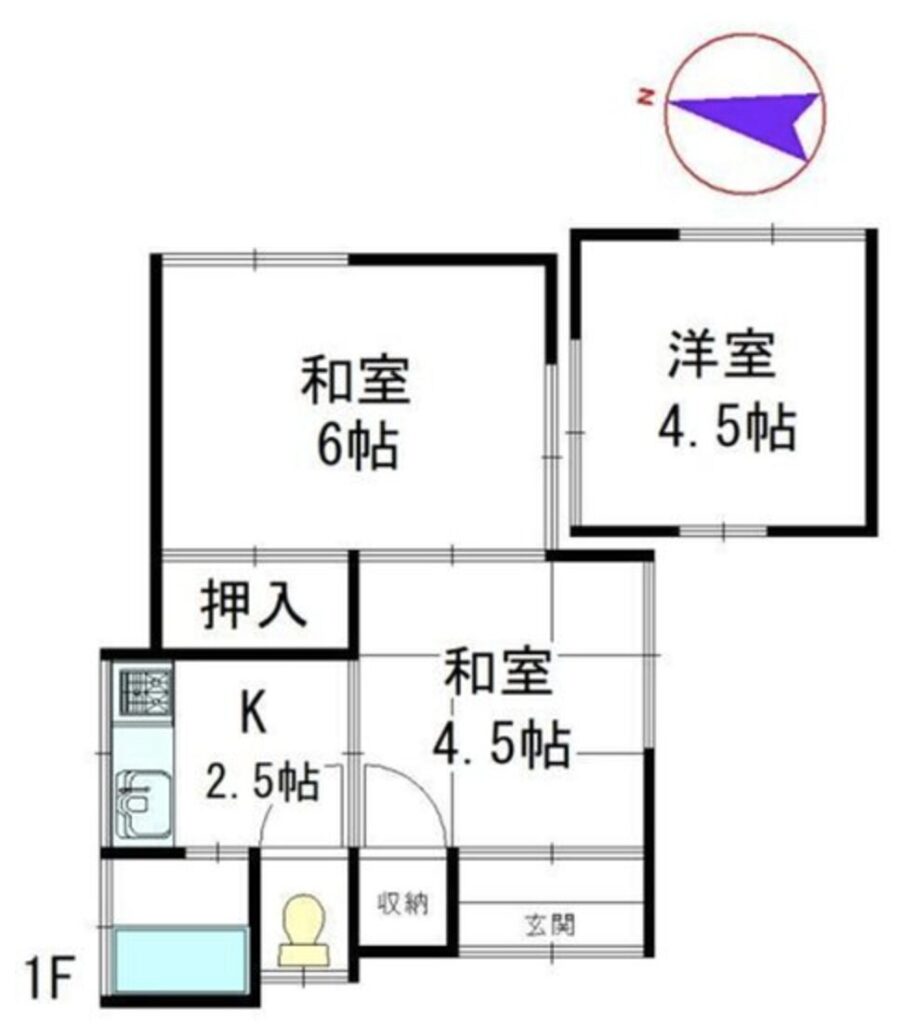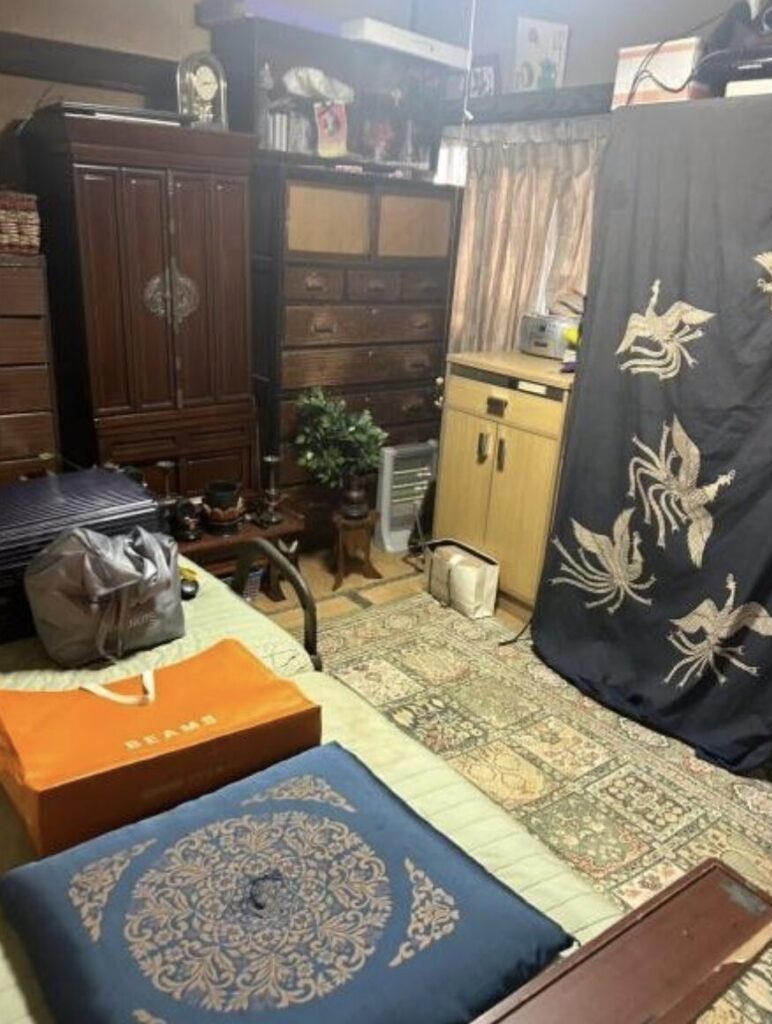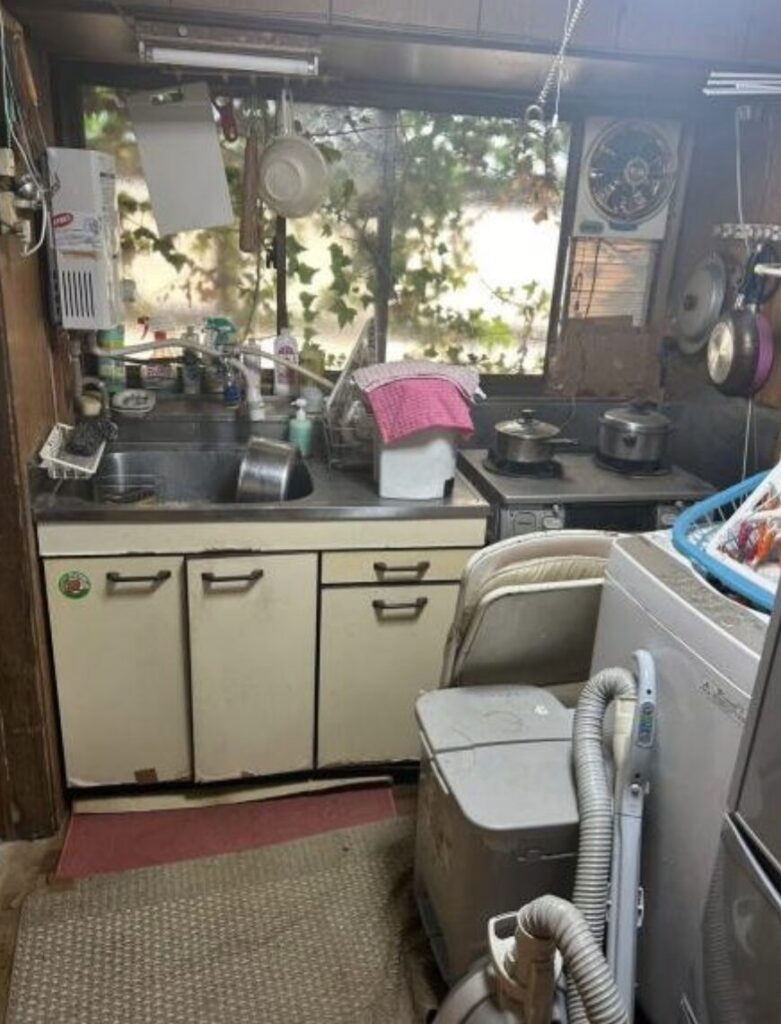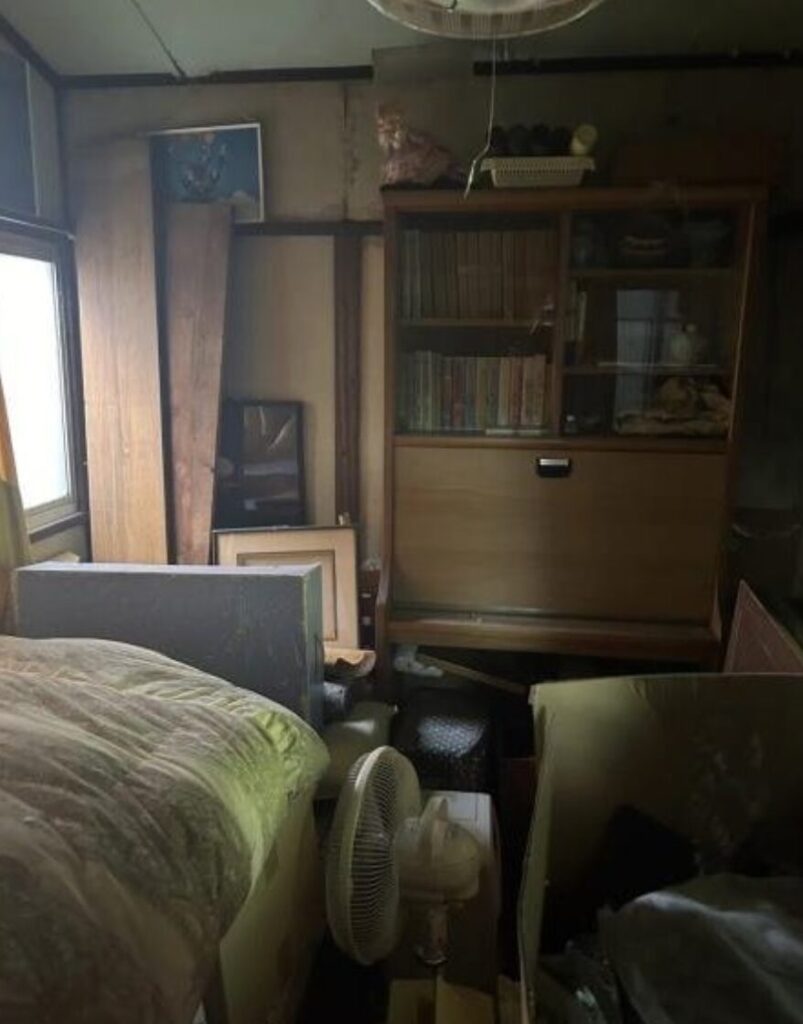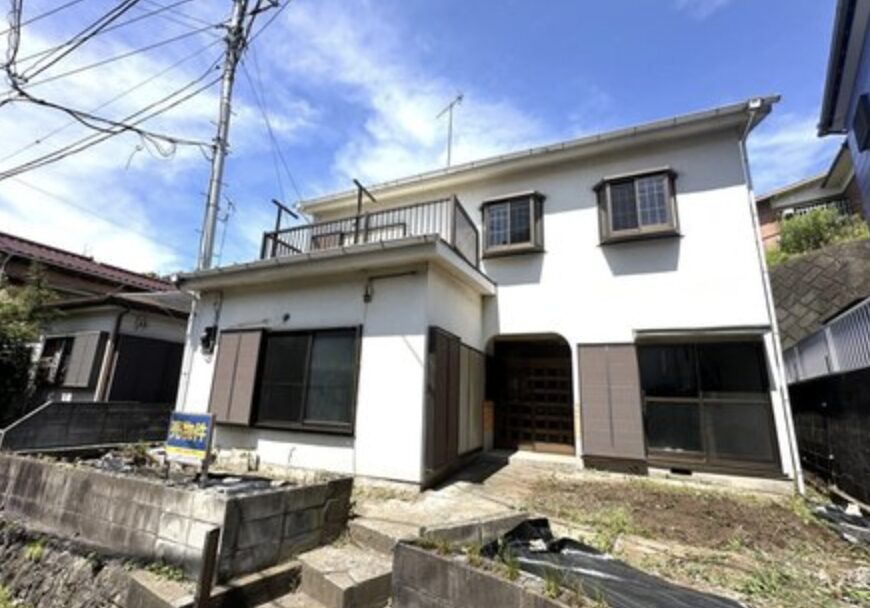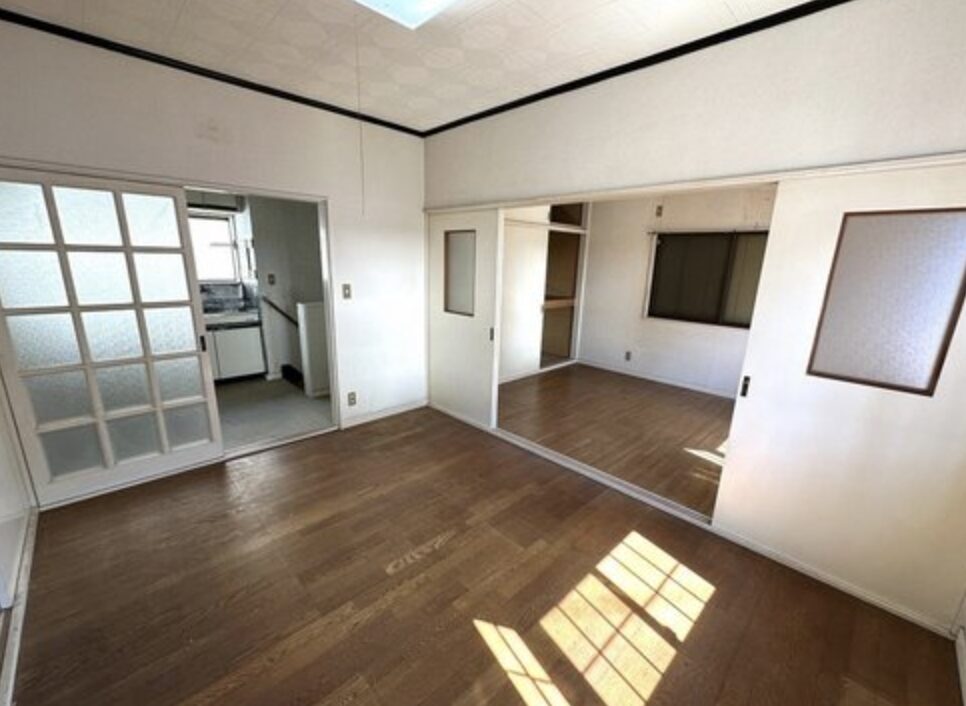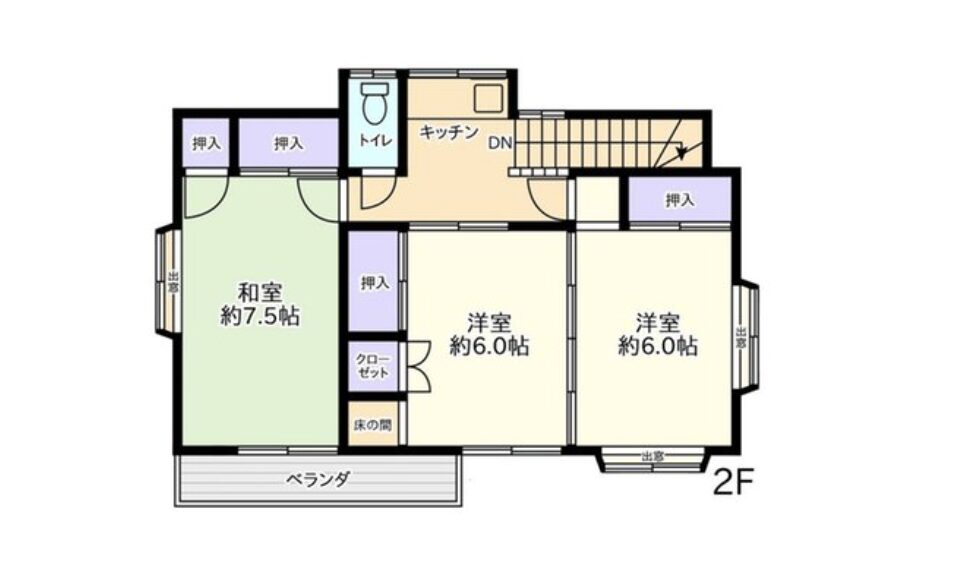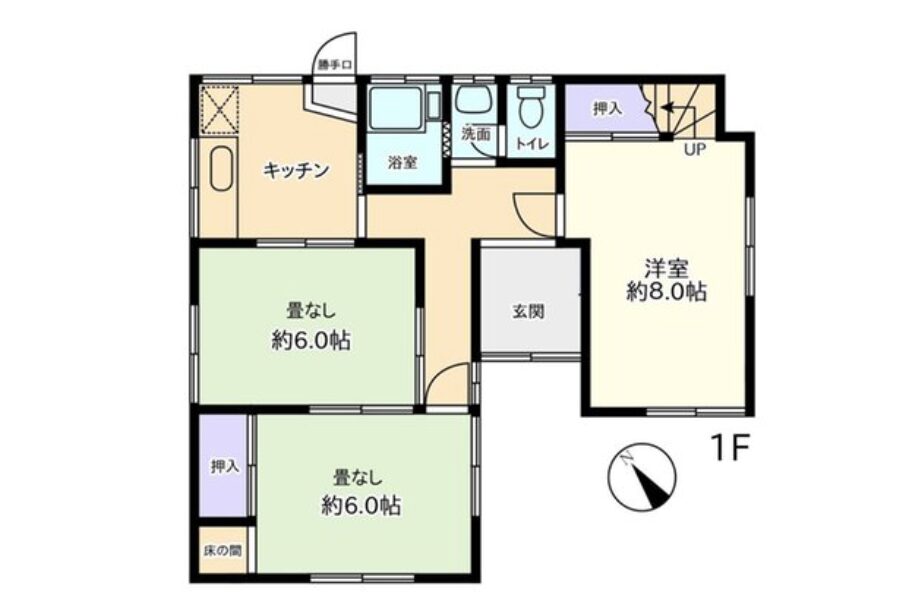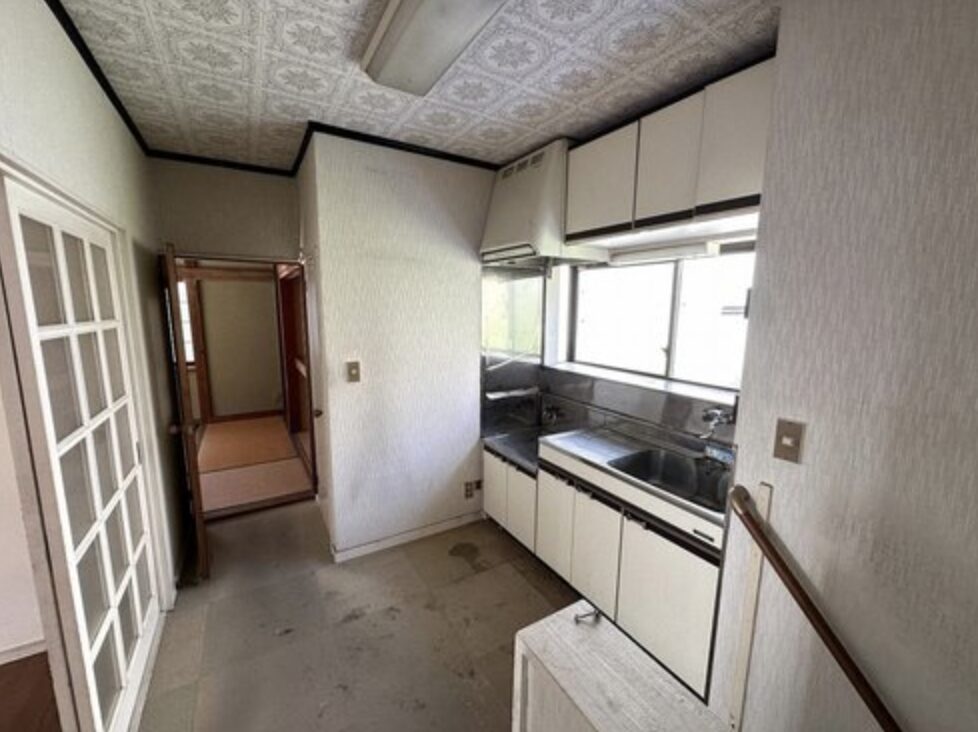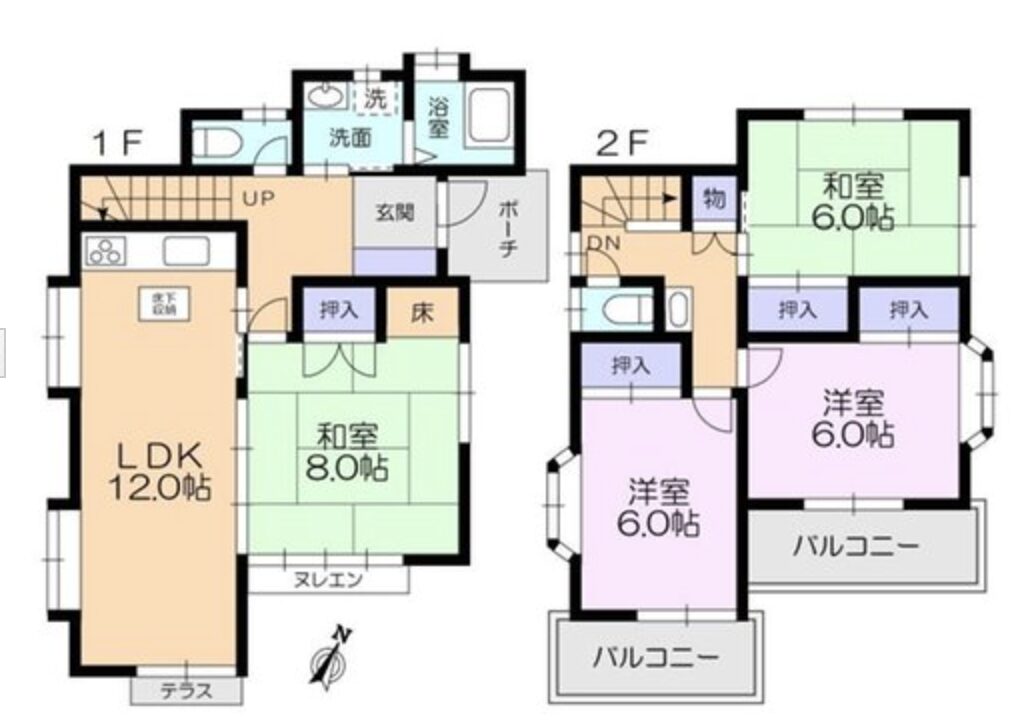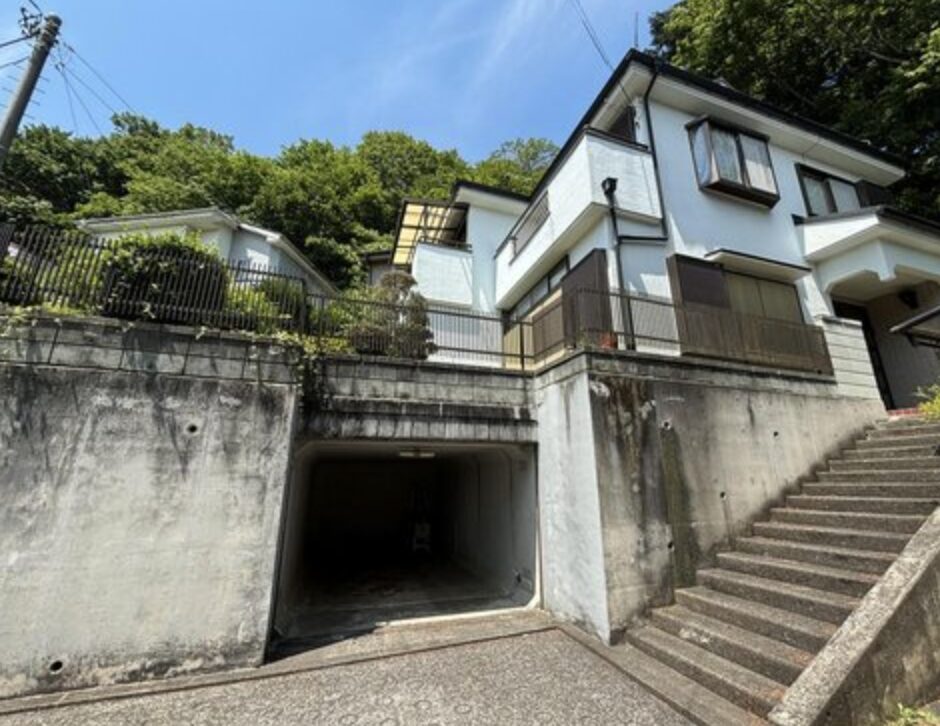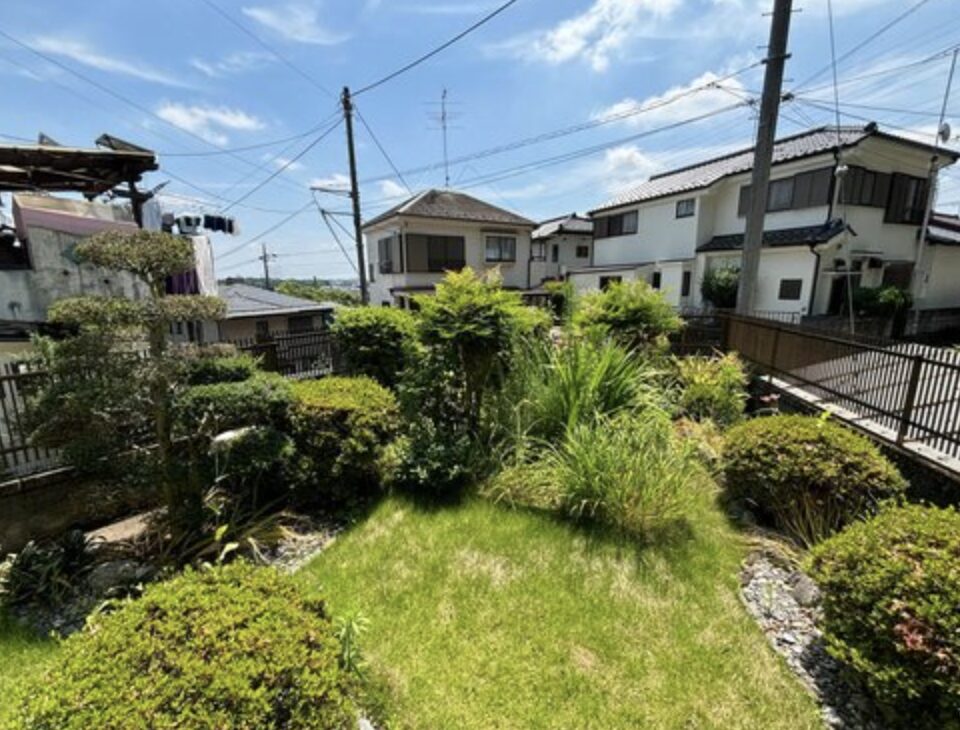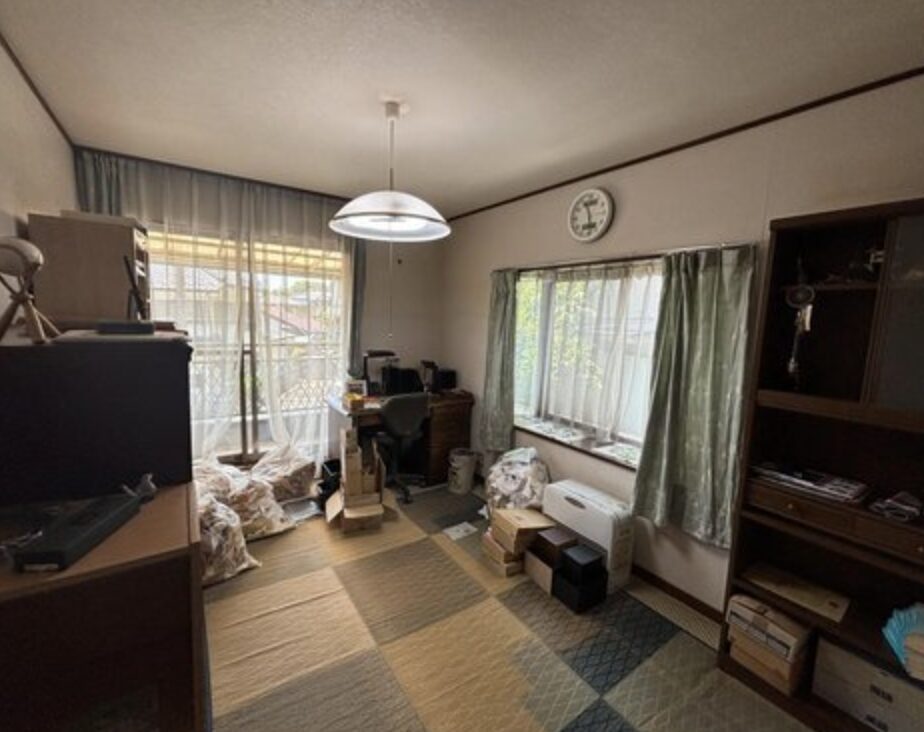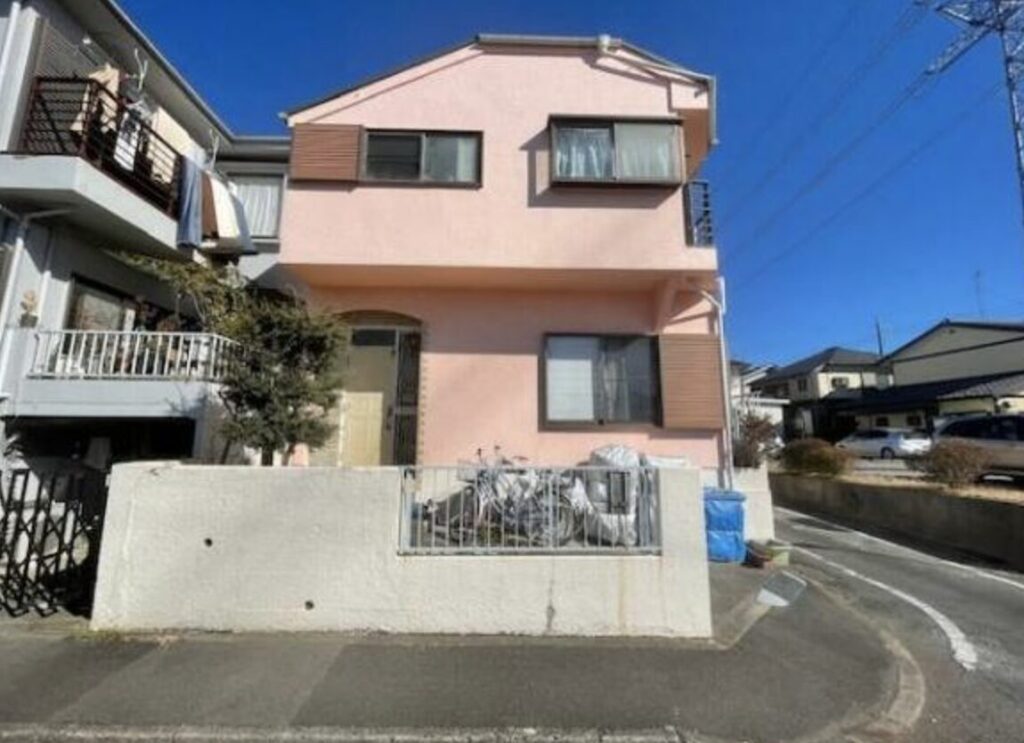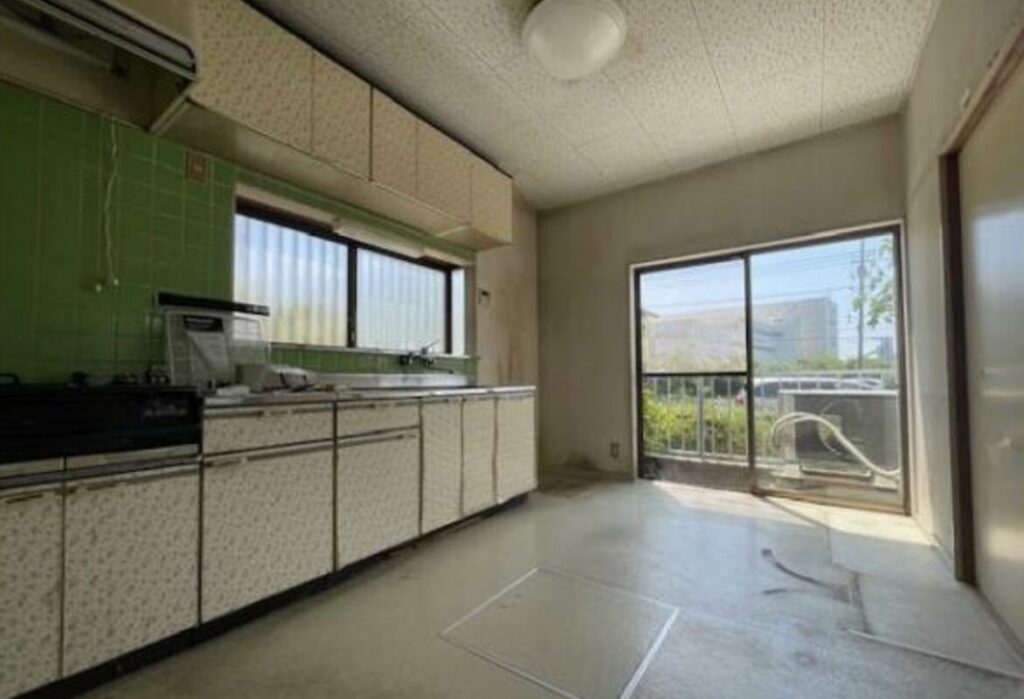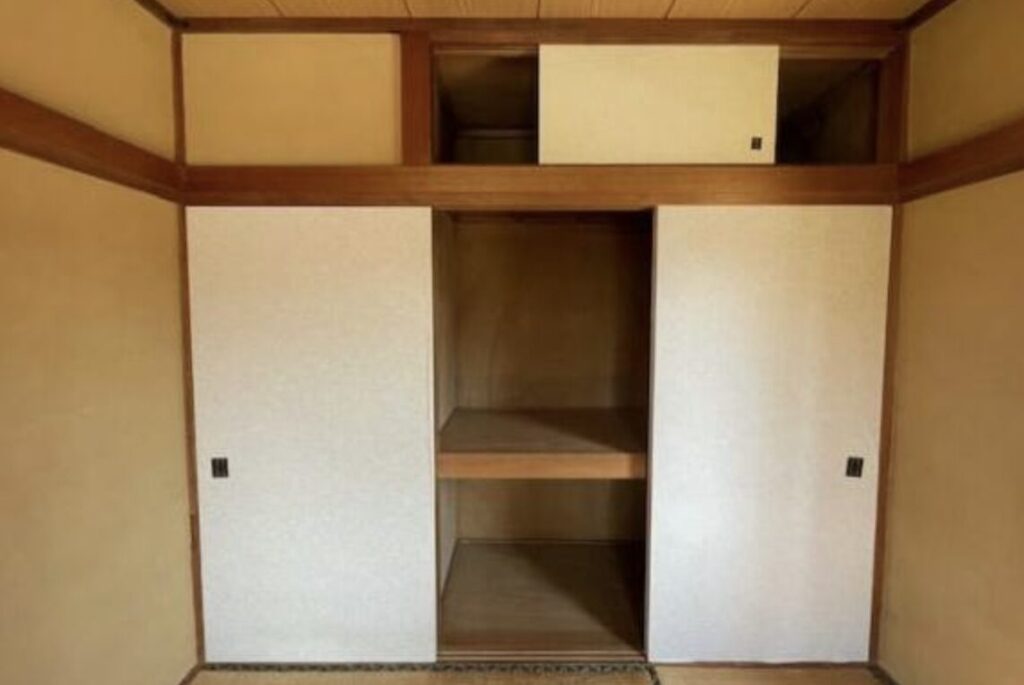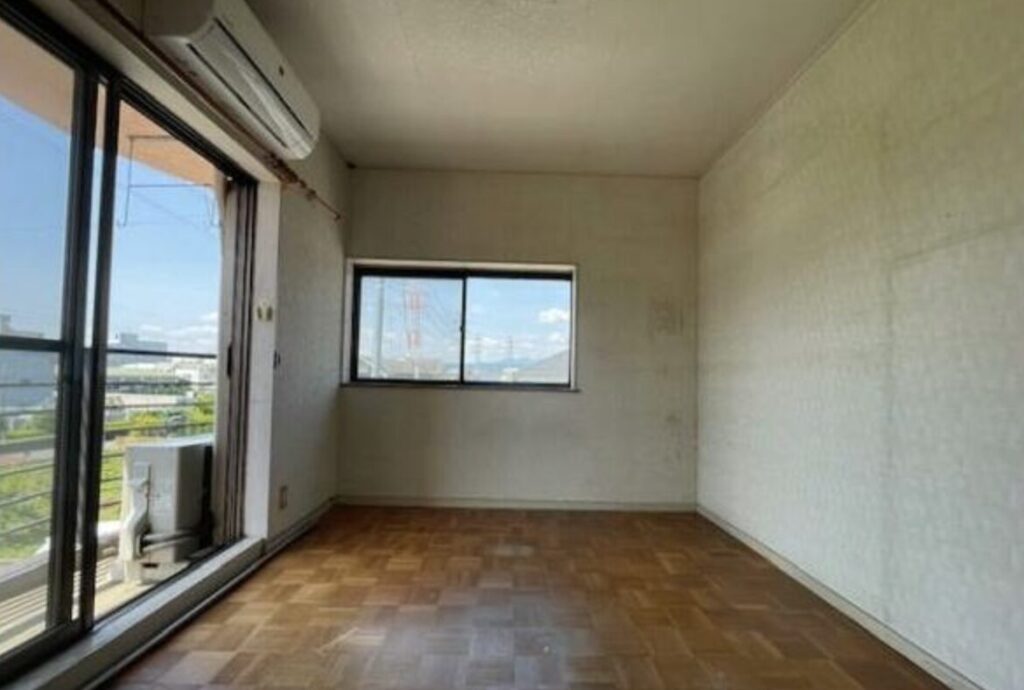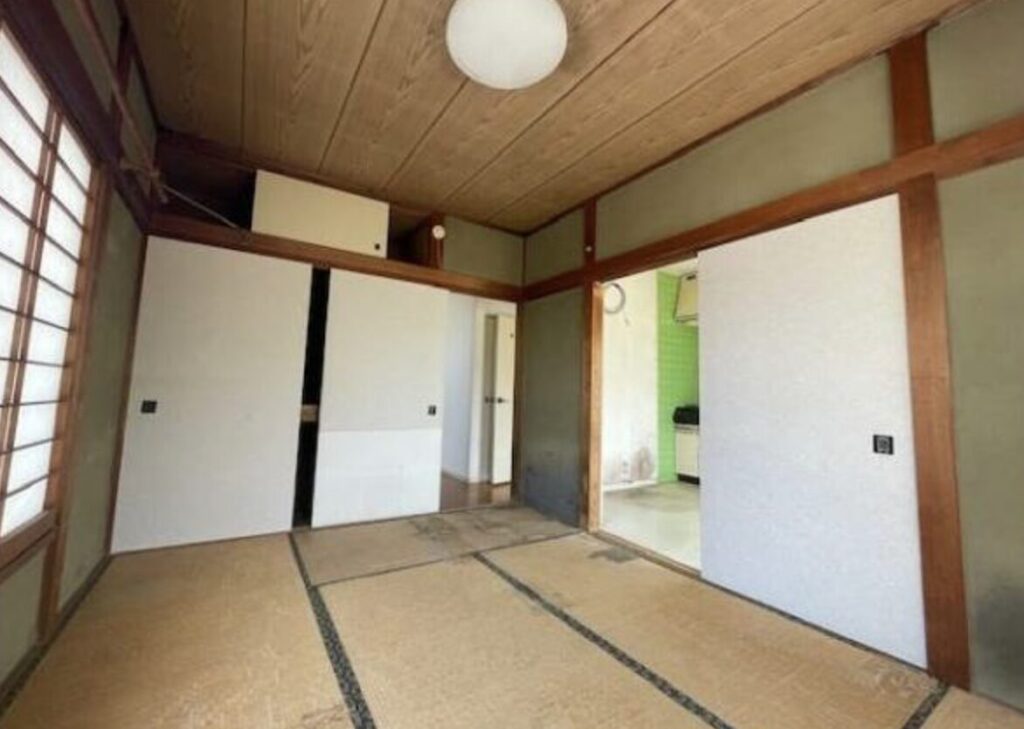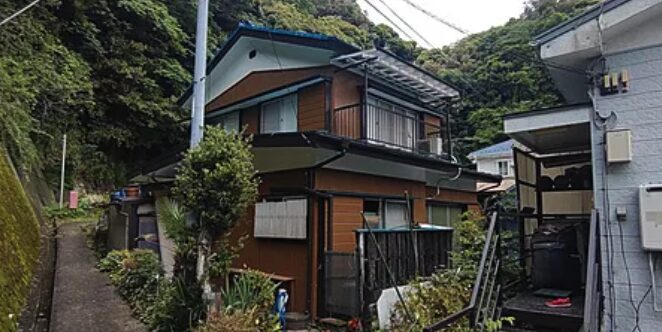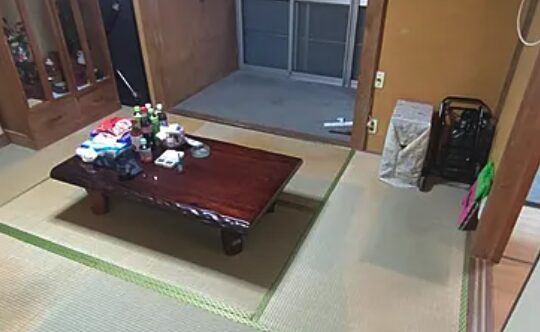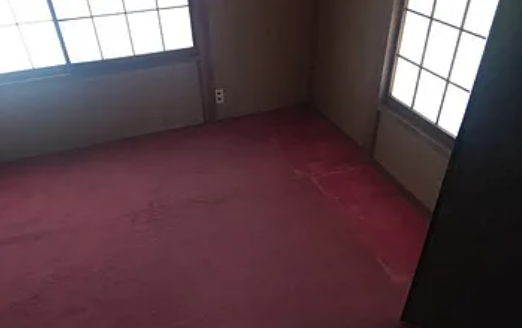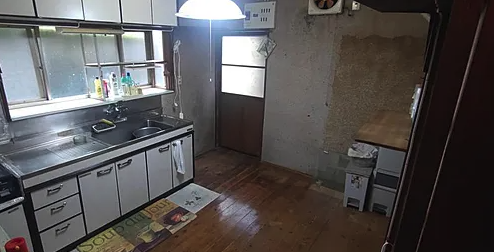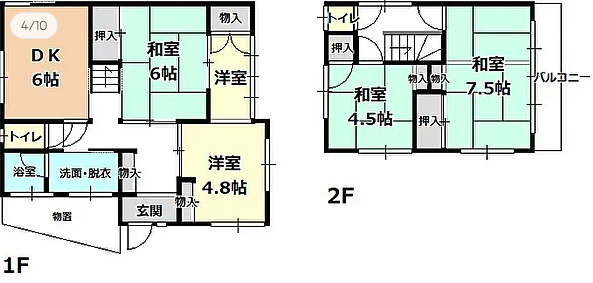Have You Ever Heard of “Akiya”?
Understanding Abandoned Houses in Japan
They are interesting to both local people and foreigners. In this article, we’ll learn about Akiya, why they exist, why they’re so cheap,
and what foreign buyers need to know before buying one.
What Are Akiya Houses?
Some are old wooden homes, and others are more modern. They are cheap, but they often need a lot of money for repairs and upkeep.
Why are Houses in Japan so Cheap?
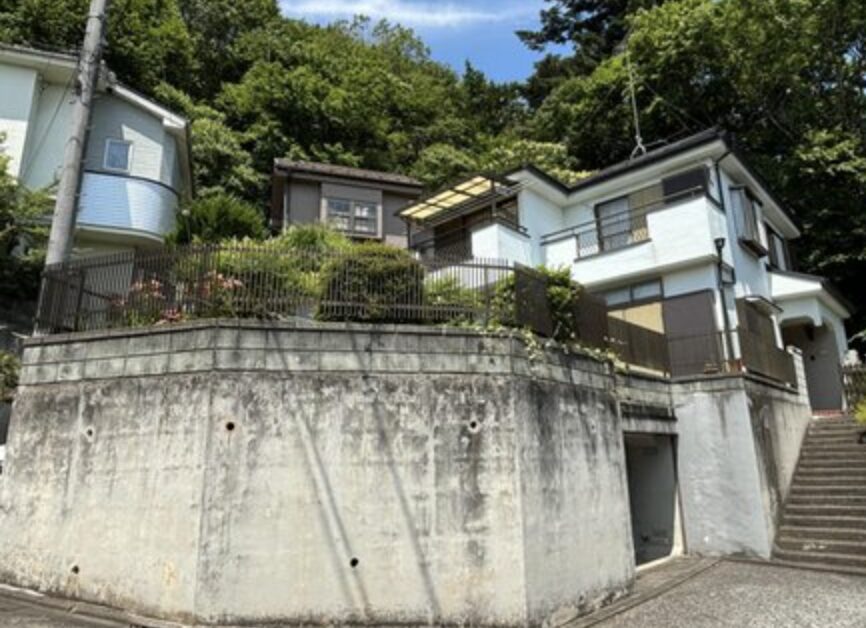
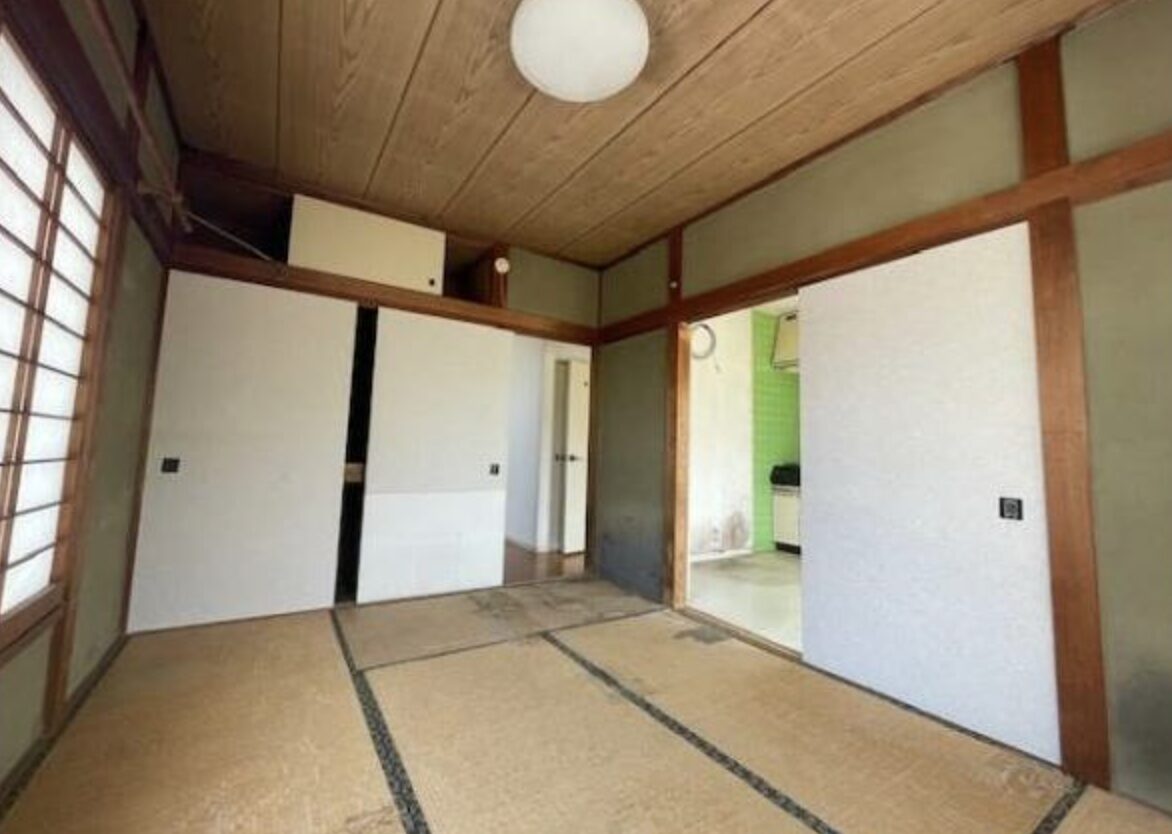
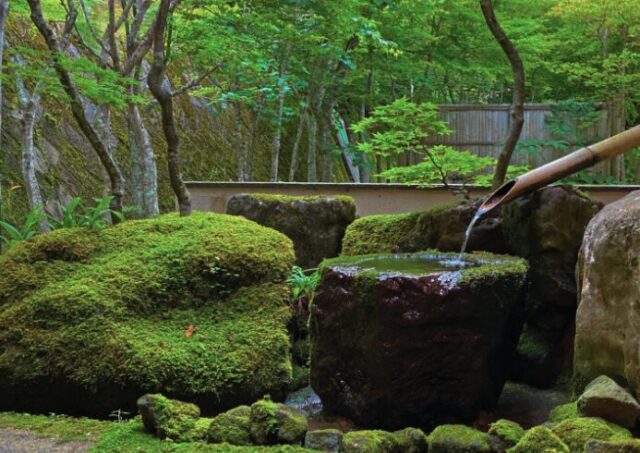
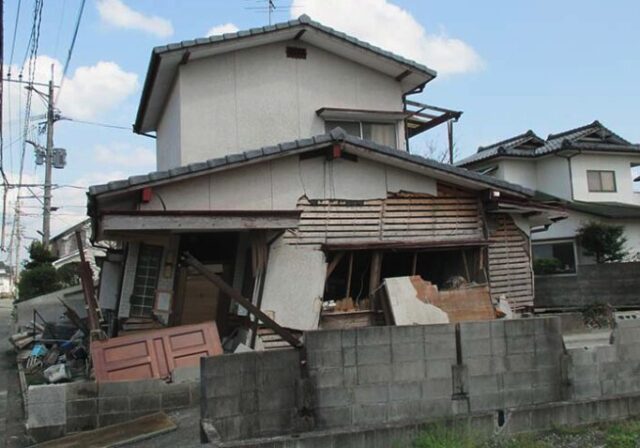
Foreigners Purchasing Akiya: The Purpose
In recent years, abandoned houses in Japan, known as Akiya,
have attracted the interest of foreign buyers. These individuals often have
distinct reasons for acquiring these properties, ranging from financial
investment to personal enjoyment.
One major motivation is the investment potential of Akiya. Many buyers see
an opportunity to purchase these homes at extremely low prices, renovate them,
and then sell them for a profit. Since some Akiya are located in scenic or
historically significant areas, a well-renovated property can attract local
buyers or even serve as vacation rentals, making them a viable financial venture.
Another key reason for purchasing an Akiya is its appeal as a second home.
Many foreigners seek to immerse themselves in Japan’s rich culture and history,
and owning a home in a rural or traditional area allows them to do just that.
These houses serve as peaceful retreats, perfect for vacations or even long-term
stays. Whether used as a weekend getaway or a seasonal residence, Akiya offers
a unique and affordable way to experience Japan beyond the usual tourist
destinations.
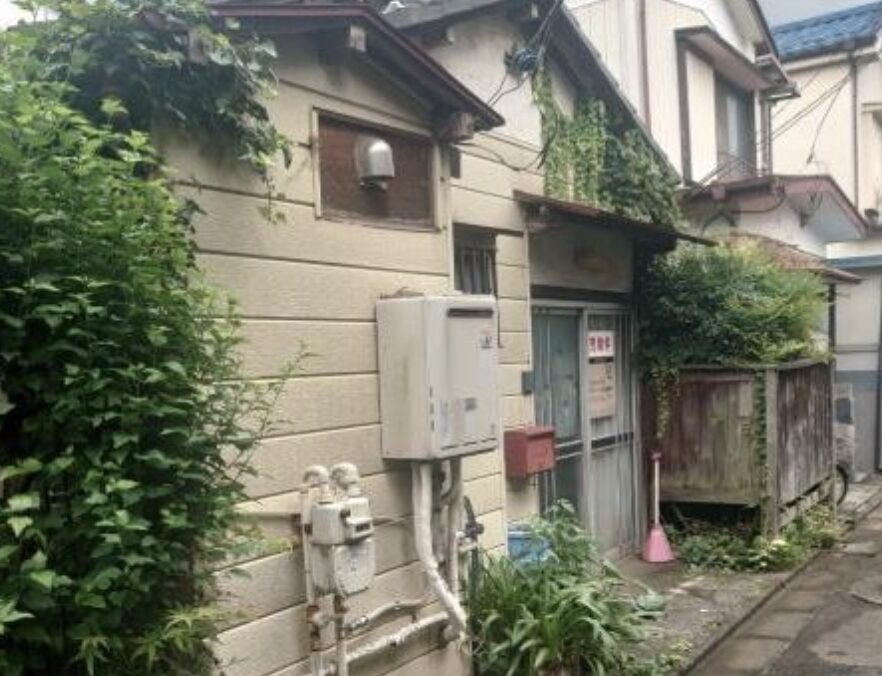
pros &
cons of buying akiya


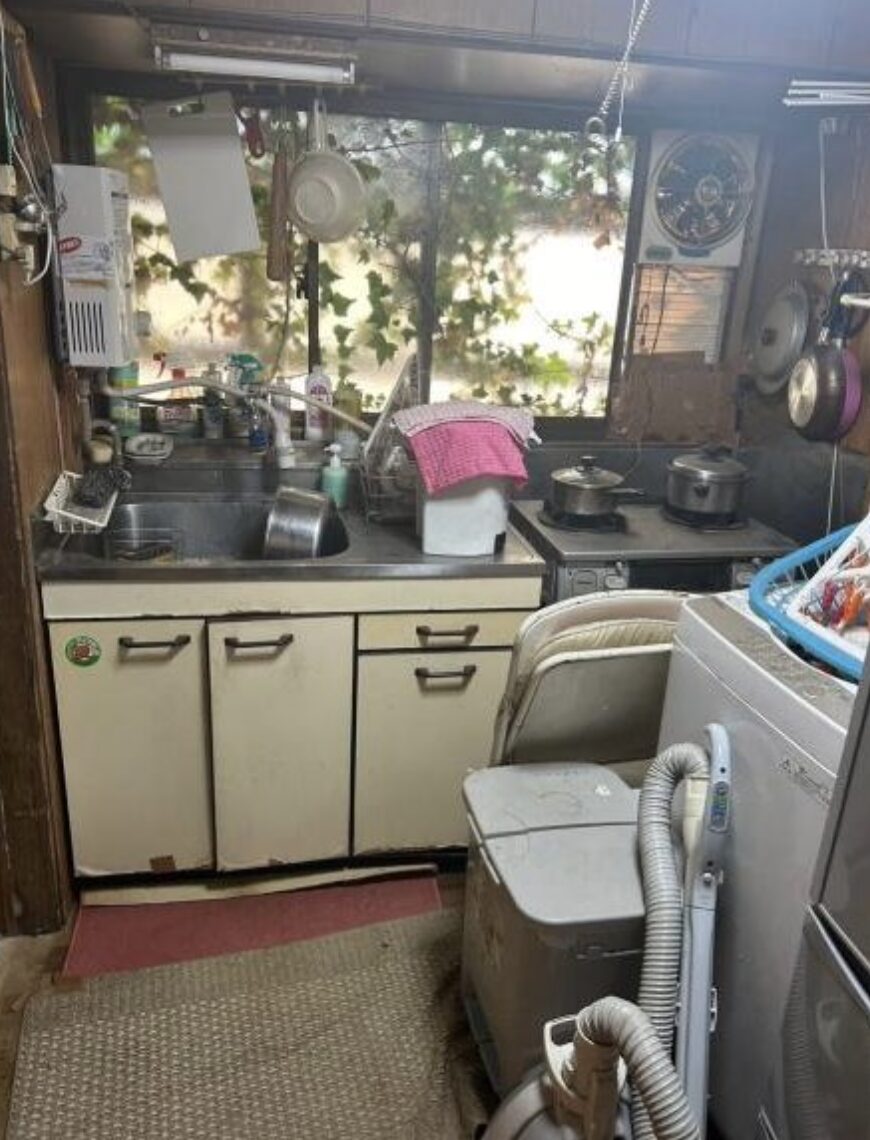
The Process of Purchasing an Akiya in Japan
Buying an Akiya (abandoned house) in Japan can be a rewarding yet complex process. Here’s a step-by-step guide to help navigate the purchase:
-
Available Properties
Start by browsing Akiya listings on city Akiya bank websites or real estate
platforms. These listings provide details on available houses,
pricing, and conditions. -
Contact Local Municipalities
Many municipalities manage Akiya banks, which are official
databases of abandoned homes. Signing up with these banks
allows you to inquire about specific properties and gain
access to additional information or incentives. -
Visit the Properties
Before making a decision, visit potential homes to assess their condition.
Many Akiya require renovations, so it's crucial to check for structural
damage, mold, and other maintenance issues. -
Complete Legal Procedures
Purchasing an Akiya involves standard real estate paperwork,
including proof of residence and financial verification.
Foreign buyers should ensure they meet Japan’s property
acquisition requirements. -
Plan for Renovation and
MaintenanceAkiya often require repairs before they can be habitable.
Budget for renovation costs and consider hiring local
contractors for the work. Regular upkeep is also essential
to prevent further deterioration.
For more details on purchasing property in Japan as a foreigner,
refer to [ A Beginner’s Guide to Buying Property in Japan as a Foreigner ].
Points to Consider When Purchasing an Abandoned House in Japan

Property Condition
inspected for structural issues, pests, and needed repairs. It’s best to hire a
professional inspector.
if you need special permits for renovations, especially if the house is
historic.

Legal Requirements and Restrictions
the residency rules for owning property in Japan. Some places have special rules for
foreign buyers.
zoning laws to make sure you can use the property as you plan.

Financial Considerations
price, budget for renovations, taxes, and maintenance.
financing options for foreigners. Some Japanese banks offer loans to
non-residents, but the terms can vary.

Community Integration
the local community. Good relations can be helpful, especially in rural areas.
Respect local customs and traditions.

